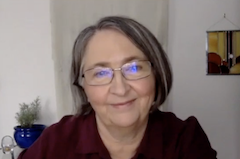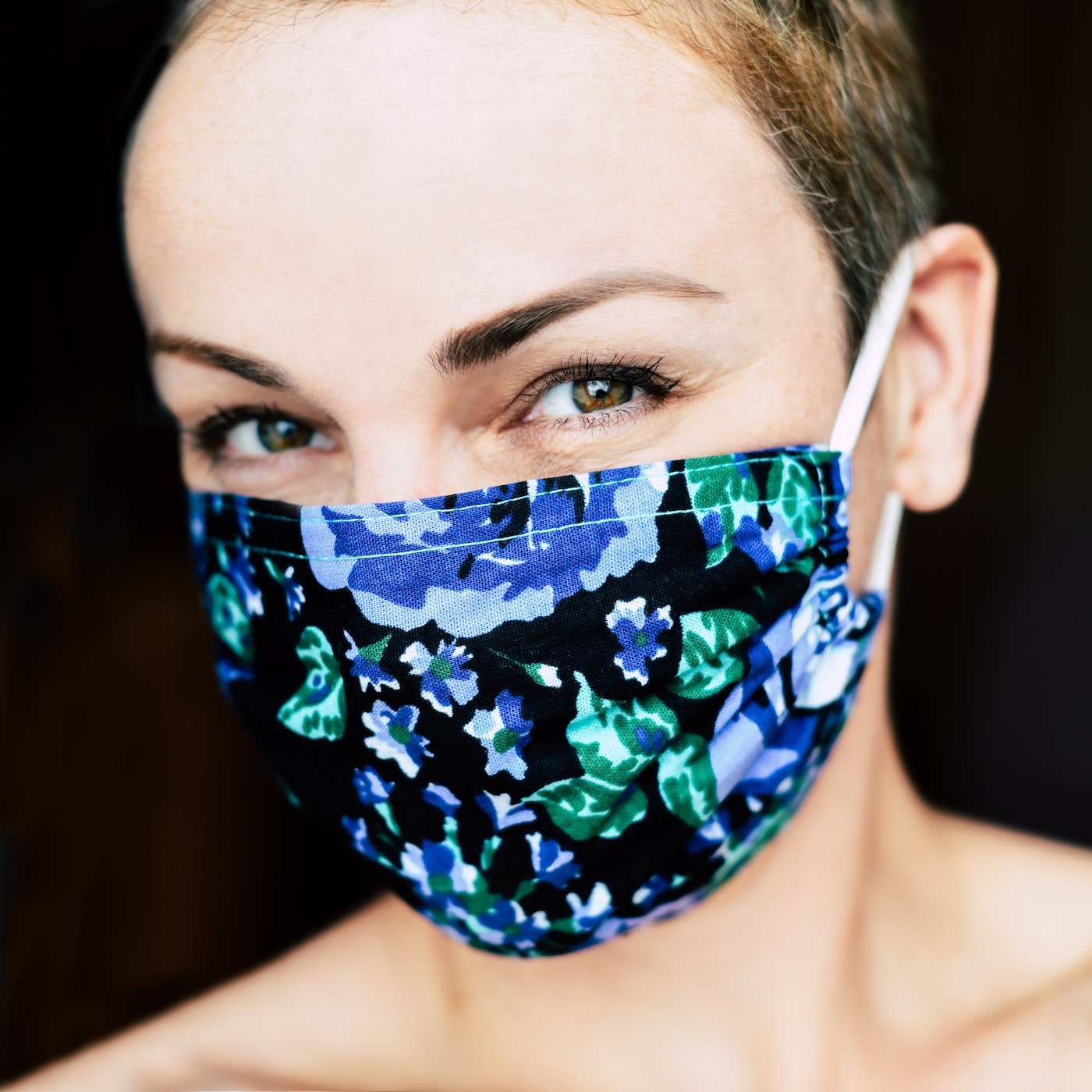If there was ever a time when it matters how other people think and behave, it is now! All cultures have a version of the Golden Rule: Do unto others as you would have them do unto you.
Individually we have preferences for how we would like people to act. We appreciate relationships with fun, thoughtful, intelligent, compassionate people. Kindness researchers like Dr Jamil Zaki tell us that cooperation is what allowed relatively weak and slow humans to thrive as a species.
The coronavirus pandemic is highlighting the best and worst of human nature. Everyone is struggling with fear and grief. Our nervous systems are alarmed and many of our usual supports and comforts are unavailable.
People are polarized into opposing camps. Some listen to scientists and medical doctors and are trying to protect ourselves through following expert advice as they discover more about the virus and how it spreads. Others believe Covid-19 is a hoax and are contemptuous of the “other side” for their beliefs, taking the restrictions as a personal affront to their freedom. Others interpret that disregard as a personal threat to their health. Emotions are running high.
We are in the midst of a huge social experiment as some countries, states and cities are following strict stay-at-home protocols and a cautious approach to re-opening, while others are pushing to get the economy moving again. Within two weeks, we will be able to see early results of these decisions based on rates of infection.
As individuals, we are powerless to control what governments decide and how people in our communities behave. What we can always work with is our reactions. As restrictions are easing and we move out of our homes, we will find ourselves getting activated or triggered by other people. If we wear a mask, we may find ourselves being shamed for over-reacting. If we don’t believe wearing a mask will help, we may find ourselves being judged as reckless.
Many people were already experiencing social anxiety and isolation, and now the stakes are literally life and death. We could die if another person passes the virus on to us. We may be feeling increased loneliness through social distancing. Others are struggling with the people they live, perhaps working from home while caring for children. We are short of sleep and less resilient than usual.
When things are hard, we often move more into black and white thinking. Try this inquiry to see your “hot spots” and to practice letting things be as they are. No shame. No right or wrong answer. Just inquiry with kindness.


